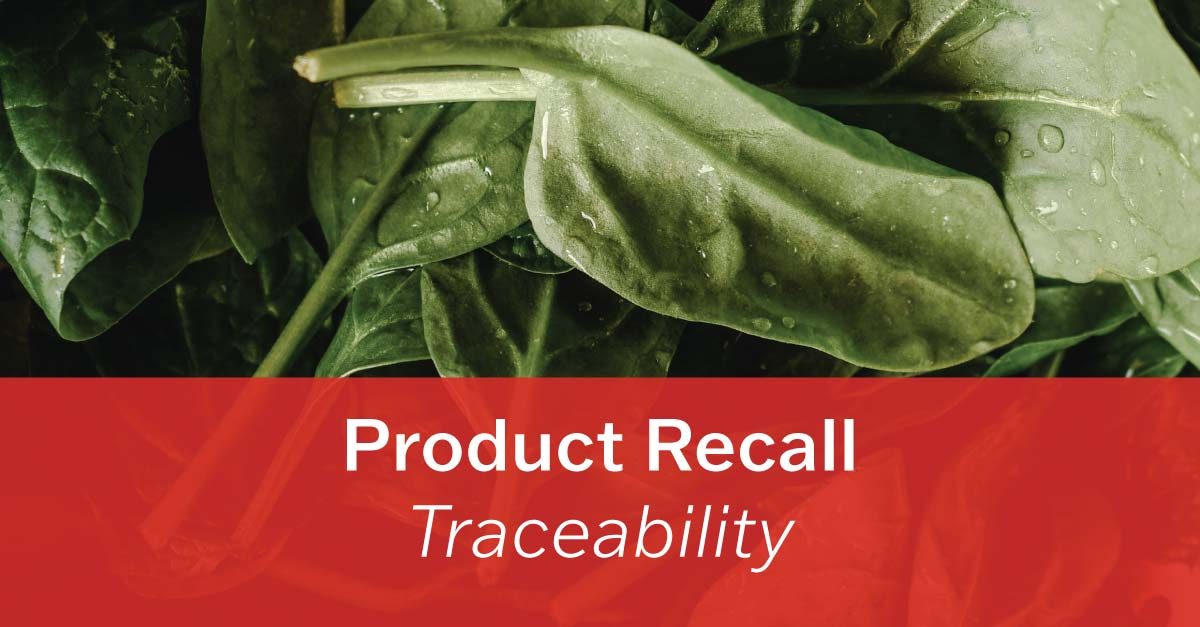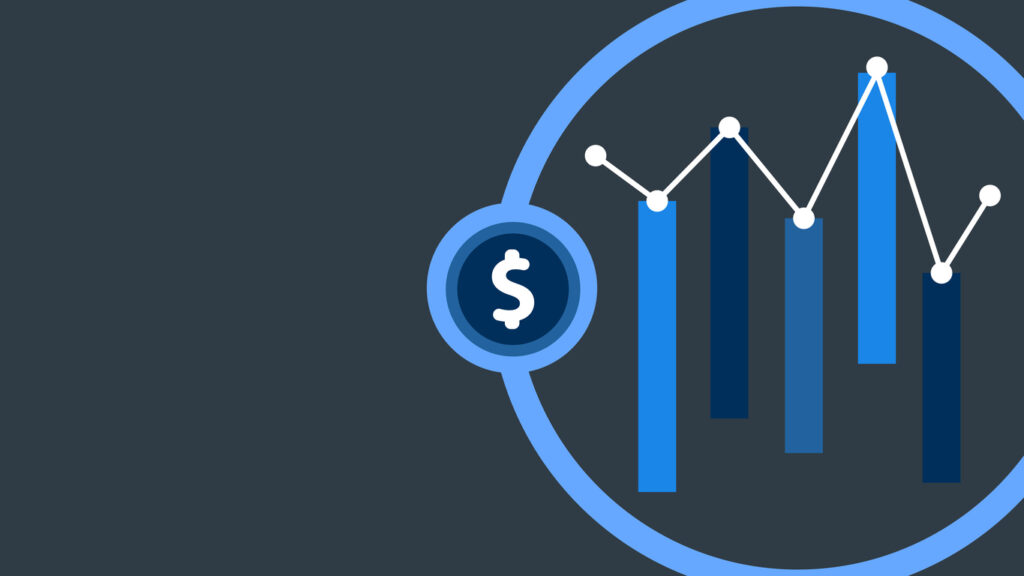By Ken Donaven, Martec Director
I’m a foodie…in both my personal and professional lives. I love everything about food – shopping for it, preparing it and especially eating it – plus, the food and beverage industry is a growing focus within the market research I conduct on a daily basis. With that said, blockchain is not something I immediately associate with the food and beverage industry (if I think of it at all). When I think of blockchain, it is as a vaguely familiar component of crypto-currency and really has minimal impact on my life: I don’t trade in crypto-currency and I have no interest in mining crypto-currency, so blockchain is easily forgotten. However, I was recently surprised to learn how blockchain technology is changing the landscape of the food and beverage industry and the impact this technology will have on food safety and traceability in the future.
It seems that every year there is a recall on spinach, romaine lettuce or some other leafy green due to an e-coli outbreak. These recalls negatively impact retailers, both from a customer satisfaction and brand image standpoint and from a profit perspective. And they are a huge inconvenience for consumers who are unable to purchase the food they want. Historically, it has been difficult and time consuming for retailers to trace these products back to their source, often requiring a week or more to determine the origin of the products. These challenges often lead to significant delays in getting products back on the shelf. Blockchain technology – yes the same blockchain used for crypto-currency – has the ability to dramatically reduce traceability time to minutes or even seconds, potentially reducing retailers’ liability exposure and allowing them the ability to secure product from different suppliers without the significant lag time normally associated with food recalls.
Walmart recently announced that it would require all of its leafy greens suppliers to implement end-to-end traceability of their products by September 2019. Further, IBM just announced the launch of the IBM Food Trust platform, a blockchain-based food traceability platform for use by food retailers, wholesalers and suppliers across the food and beverage value chain. I won’t pretend to understand the technology behind blockchain, and I know its use is still in its infancy in the food and beverage industry. But I believe blockchain has the ability to replace manually-input, paper records with electronic “blocks” of data that are secure, unalterable and easily distributed throughout the food and beverage value chain. This should dramatically improve traceability initiatives and reduce food retailer exposure to recalls.
Other potential benefits of blockchain traceability within the food and beverage industry include:
- Reduced food fraud
- Reduced food waste
- Improved consumer information
- Increased food safety
- Increased profitability among food suppliers
- Reduced cost for the consumer
How this technology will impact other levels of the food and beverage value, including equipment manufacturers, distributors, restaurants and others, remains to be seen. There may be some pain and a steep learning curve among early adopters of blockchain technology; however, this technology has the potential to significantly alter how our food is brought to market.
Imagine a world where the fresh food you purchase is tagged with a barcode or QR code. A quick scan with your smart phone could tell you where the food was grown, when it was picked, when and where it was processed and how long it has been sitting on the shelf. Blockchain has the ability to alter how we, as consumers, purchase our food.
Will blockchain eliminate food recalls? In the short-term, probably not. But, as more food retailers get on the blockchain traceability band wagon, it seems likely that recalls will be dramatically reduced in the foreseeable future.
The foodie inside me is looking forward to it!
To get in touch with Ken and discuss your next food and beverage project, contact us.





